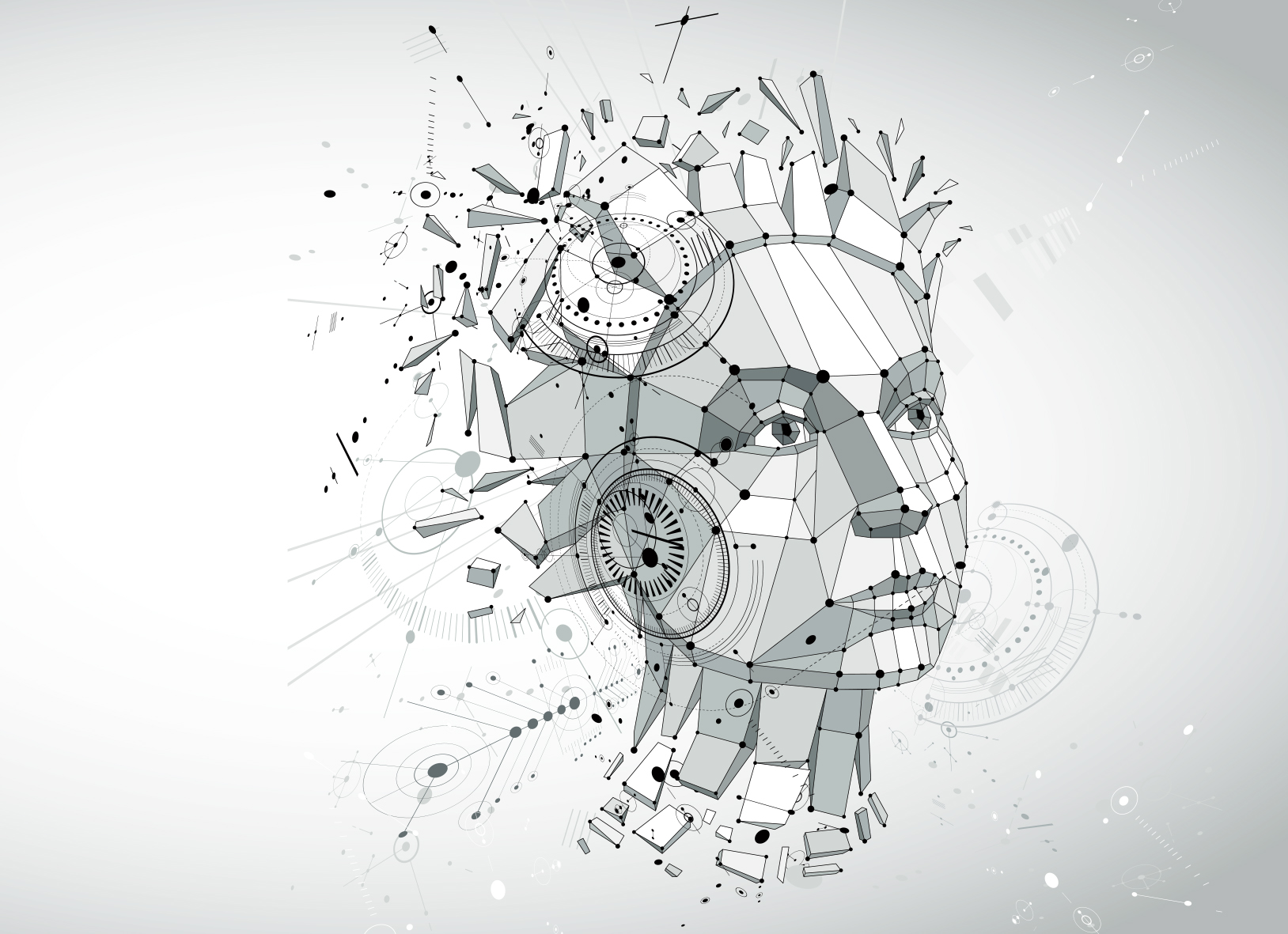Putting the human touch on artificial intelligence
- HRM Asia Newsroom
- Topics: Asia-Pacific, Features, Singapore


With the advent of classification methodologies in machine learning and the development of big data analytics, artificial intelligence (AI) is set to transform HR functions significantly. The recently conducted annual Harvey Nash HR Survey found that 63% of HR leaders in the Asia-Pacific region expect automation and AI to impact their organisations over the next five years, while 26% report these technologies are already having an impact today.
The creation of individually-tailored learning and development plans generated by big data processes, and chatbots that are able to recruit applicants are just two examples in which AI has already started to impact HR and talent management.
Starting the conversation
Chatbots are already omnipresent in consumers’ lives, and now they are starting to appear in the workplace. Intelligent assistants are being used to simulate human interactions. HR leaders are now using chatbots to recruit job candidates and also respond to internal employee enquiries. Chatbots are usually the first line of contact, followed by the HR personnel for more complex enquiries and conversations.
In addition, chatbots can help in the screening process for recruitment by performing quick background checks, can help in on-boarding, training employees and with annual self-assessments.
Predicting employee performance
Machine learning is perhaps the most successful part of AI, at least from an industry point of view. Usage cases include when employers want to know which candidates are the most suitable for open positions, or when there is a group of employees that HR would like to evaluate in terms of likely attrition rates. Predictive talent analytics and employee flight risk models will revolutionise how HR looks at workforce planning. However, human intervention will still be required at some points to work under a diverse set of scenarios.
Modern upskilling
Traditionally, coaching modules have been used by the HR profession to offer upskilling and career development for employees. AI can help successfully plan, organise, and coordinate these training programmes for staff members across all levels.
Digital classrooms are the most common solutions for these training programmes. AI can also help in determining the best timeframe for new courses so as to fit the preferences of all employees individually.
Employee engagement
Sentiment analysis techniques have been used to evaluate positive and negative emotions and biases in a wide range of digitally published materials, including tweets and blog posts. There has also been an increase in these techniques in the HR space to better evaluate emotions and engagement levels of employees in particular.
Some AI platforms are also designed to identify employees that may be heading for the exit. The platforms help track employee computer activity and then analyse the data to determine a baseline of regular use. Any significant deviation from the normal baseline will then be flagged to the employer.
In practice, sentiment analysis to measure employee engagement can be quite effective. But what is less talked about are the ways in which biased, or even blatantly incorrect results can be generated through traditional methods only. Therefore, HR management must be careful to establish a consensus on sentiment analysis that is fair and objective. In this way, AI tools clearly support this HR function.
A balanced approach
As technologies develop and more data becomes available, AI will continue to impact HR in new and vastly different ways. However, HR managers should take the time to fully understand the advantages and potential considerations to various approaches and build the right set of algorithms and data architecture before solely relying on technology solutions.
Because of the human factor, there is no aspect of HR that is purely black or white. HR managers will need to find the right balance between greater insights through data and AI and maintaining the human insights and judgments that are essential to an effective HR team.
HRM Asia is excited to announce the HR Tech Think Tank, a one-day event that will deep-dive into the latest HR Technologies that are enabling faster, better and cheaper solutions to HR practices and people operations.
Held in Singapore on October 19, the HR Tech Think Tank will feature eight technologist-led, interactive workshops on the latest applications for payroll, talent management, and much more.
Head to the HR Tech Think Tank website for more information and to register.
|







